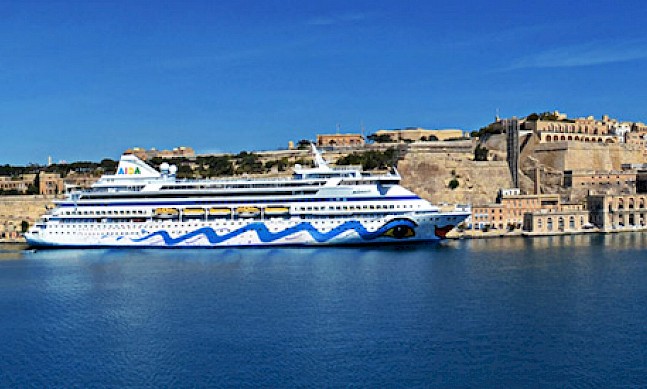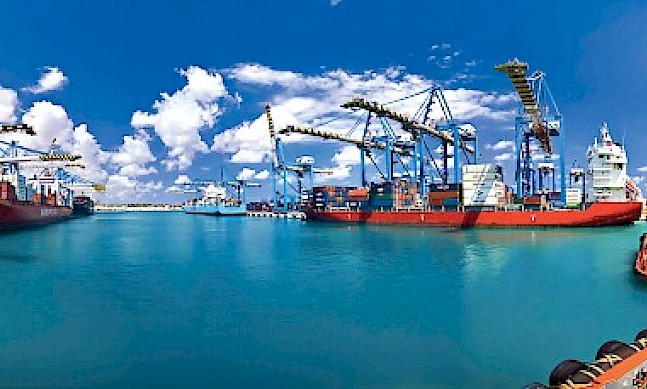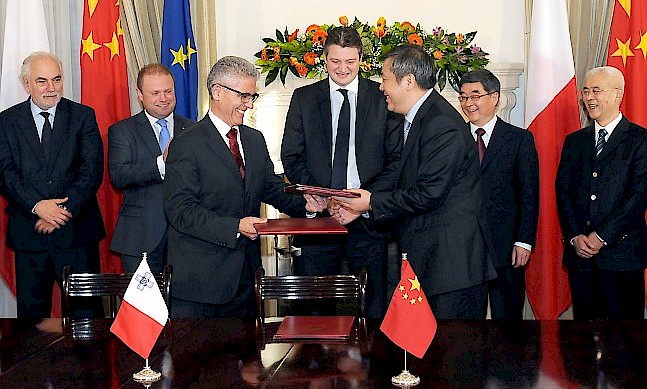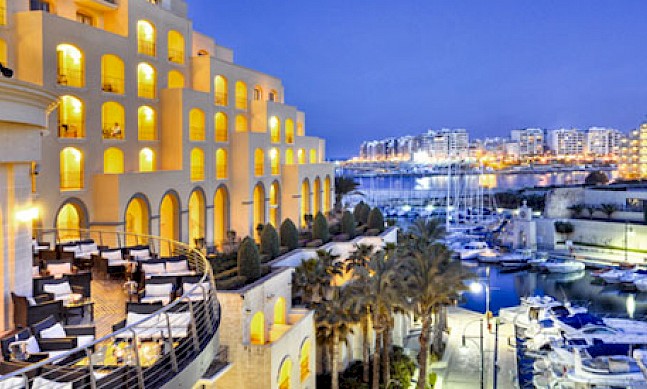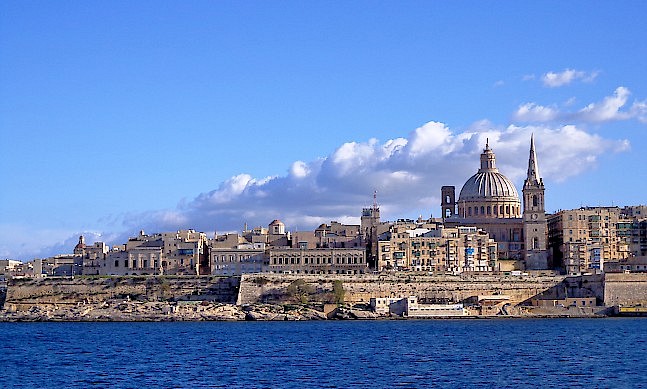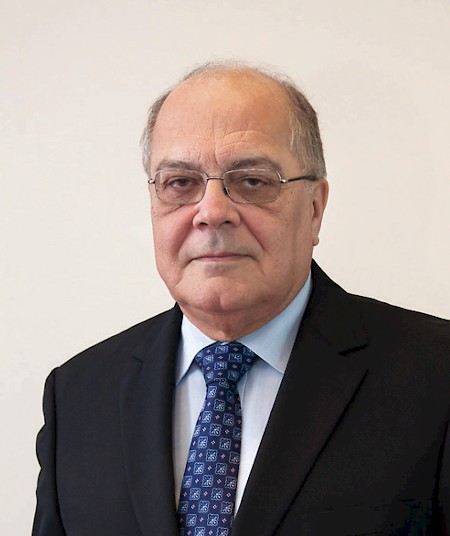
The Malta Financial Services Authority (MFSA) is the single regulator for financial services activities in Malta. It regulates and supervises credit and financial institutions, investment, trust and insurance business and also houses the country's Registry of Companies (the equivalent of the UK's Companies House). Its chairman Professor Joseph Bannister is considered to be the architect of Malta’s modern financial system. He spoke to The Report Company about the sector’s growth into one of the country’s most thriving sectors, and his outlook for the future.
The Report Company: How would you appraise Malta’s financial services sector?
Joseph Bannister: The sector has kept expanding and today we see about 25 percent annual growth, even despite the global financial and economic crisis. Statistics published recently show that over the past three years, 80 percent of the foreign direct investment into Malta has been in financial services. We have introduced new areas of activities because we tend to do innovation through regulation. We have introduced reinsurance special purposes vehicles and this will lead to the introduction of the capital markets, not simply for insurance but for the whole sector.
A new exchange has been set up which is 80 percent owned by the Irish Stock Exchange and 20 percent owned by the Malta Stock Exchange and this will deal solely with wholesale capital markets. Hopefully this year now that we have all the legislation in place we will see activities in the special purpose vehicles and in the issue of debt instruments and listings on the exchange which is called the European Wholesale Securities Market [EWSM].
The other area in which Malta has become quite well-known is in the investment funds sector. We were the first to introduce the alternative investment fund managers directive [AIFMD]. Malta has taken some positive steps on remuneration of managers, liability of custodians, to help the managers operate. The effects are already being seen. All the managers licensed in Malta have opted to remain here. The effect now is also being seen with new managers coming to establish themselves here. Malta is becoming well-known for small hedge fund managers and for small funds, largely obviously because of its size and its population. It has found the appropriate niche. For us, it is better to have a number of small companies.
There are new areas that are being exploited particularly trust management and pension management. This is all international business.
TRC: Looking at the need to train people, from a regulatory perspective how do you think this is being tackled in Malta?
JB: The regulator actually set up an education consultative council composed of all the stakeholders that train people. They meet on a regular basis and design programmes to ensure that the people being trained fall within the competence required by the regulator. This council has now been in existence for a number of years. We are having a hard look at it to give it direction over the next five years. The need is very clear, and a lot of training has to take place. We see training more on the risk management side, both for insurance and for the funds business.
TRC: Do you see growth outside of the traditional markets within Europe?
JB: North America is moving, particularly in the funds area and in insurance. With China it’s something new, although I must say the framework is there because we have signed memoranda of understanding with the Chinese securities regulator and the Chinese banking regulator. The future is always not in our hands. It is more in the hands of practitioners and how they move. It’s the practitioners who have to influence the movement of business.
“Over the past three years, 80 percent of the foreign direct investment into Malta has been in financial services.”Tweet This
TRC: What are the key drivers of the success of the competitiveness of Malta as a financial services destination?
JB: First and foremost it’s the way the authority operates. We operate on a very open and transparent basis. All companies have to meet the regulator. The regulator is encouraged to be proactive in the sense that not just receiving an application and saying yes or no but discussing with the operators and finding solutions. We have been after quality not numbers so we do extensive due diligence. The motto is “no due diligence, no license”.
The authority itself is proactive. We call it innovation through regulation. It’s not innovation in products but we tend to look at the legislation from time to time. We clean it up to remove gold-plating, and we also look at what we can do beyond the legislation. For example in insurance we have introduced the protected cell company which has now been extended to investment funds and also in the future to securitisation vehicles. This structure is unique among EU member states
TRC: Where do you see room for improvement to make Malta more competitive?
JB: I think the way it stays competitive is by essentially finding its own niche and operating within that niche. At the moment we can’t say it’s not competitive. Our spot checks on costs from time to time indicate that the relativity between us and the rest of Europe is still being maintained. We are roughly a half to a third less expensive than the rest of Europe. The other point is obviously the right time zone and also the use of English which is very important.
Another key point is the speed by which we are able to change legislation. In most cases we have the powers to actually change the legislation through rulebooks where then we don’t have to go to parliament and that makes life easier for everybody.
TRC: What is it that makes Malta’s financial sector so stable?
JB: Traditionally the banks didn’t borrow to lend so they were managing within their own resources. Another factor is that although the sector appears large it is unlike other jurisdictions because a large section of it is international banking so these banks are acting as treasuries, they’re doing investments, they’re doing trade finance and so they are no threat to any financial stability as they are not part of the local economy. When we look at the banks, the ones that take deposits and represent a liability, from a total of 800 percent of GDP that then comes down to about 250 percent which is slightly less than the European average so everything is in line. Now we are taking steps to limit liability. In fact there is an internal committee that is looking into the whole situation to decide what type of banks we need and how they should be operating. It’s a bit of a long haul but this is where the regulator is being proactive and innovative to try and find new solutions and not generate new problems.
TRC: What is the role that the MFSA plays and how has it changed from its initial role?
JB: It has changed significantly, largely as a result of the crisis, where it had to assume more regulatory roles. Today if I just simply take the banking side, the banking is more or less becoming part of the ECB so our role has changed considerably. Today the major issue is that the regulator not only has to act as a regulator but also has to apply the rules proportionately and move to more risk-based supervision. We take care of that. That is fundamentally today our role.
TRC: Has it been a challenge to bring Malta in line with European regulations?
JB: Not really. The regime has always been aligned to the European directives and regulations. The challenge is to apply them proportionately and to create innovation within those rules. Proportionality has to be handled by the regulators. The innovation has to be handled by the policy makers and this is the Board.
TRC: How do you foresee the impact of the Individual Investor Programme (IIP)?
JB: I have absolutely no idea what the impact of the programme will have, but the first thing I assessed was if these programmes exist in other jurisdictions and the answer was yes. The next thing it seemed to me was that on a public relations basis the programme wasn’t being handled properly. Now the storm has died down. What is important for us now as the authority is that the due diligence is carried out at the same level as we carry out our due diligence. We have passed on all the information on how the due diligence should be carried out. Whether it will be successful remains to be seen.
TRC: What is your outlook for the future and what do you aim to achieve in your time in your role?
JB: The dynamics vary. 2011 was an exceptional year. 2012 was okay. 2013, although we were expecting it to go down, maintained the same level as 2012. 2014 is going to be much better in certain sectors, particularly in insurance and now with the opening of the capital markets and the investment business. The banks always remain a question mark.
In my role, I want to ensure that the new staff, because we have grown and now we’re about 250, follow the culture of openness and transparency with the operators. I have no illusions of numbers. I have no illusions of big companies coming in because they might be too big for us. My expectation is that we continue as we are, we keep growing, with the hallmark essentially being vigilance and training.


